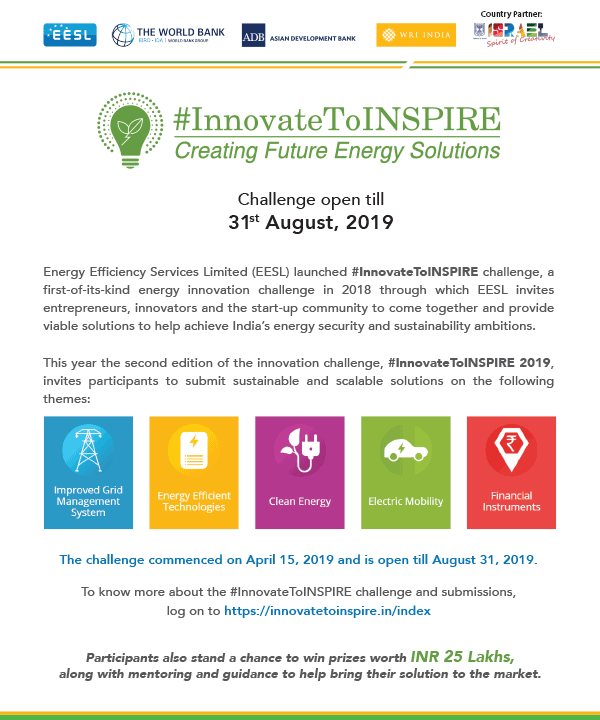Equipped with Manhattan’s largest geothermal plant, the renovated St. Patrick’s cathedral is offering valuable lessons for making historic buildings resilient & effective. Costing 177 million dollars, the cathedral which is perceived as one of the first successful examples of religious architecture in the “new” world, has undergone major renovation efforts. The design innovations include laying of a closed-loop geothermal plant which penetrates 2,200ft into the bedrock to draw water for heating & cooling purposes, installation of high performance glazing, low flow plumbing & installation of LED bulbs. Moreover, extensive efforts have been diverted into enhancing the biodiversity of the site in terms of both flora as well as fauna. Covering around 40% of the garden area, tree canopies offer seasonal blooms, fruit production & ecological restoration which in turn attract a variety of birds & insects.
Challenging traditional religious buildings, St. Patrick’s cathedral serves as an outstanding example in creating a sustainable, cost-friendly place of worship which will inspire the present as well as the future generations.



